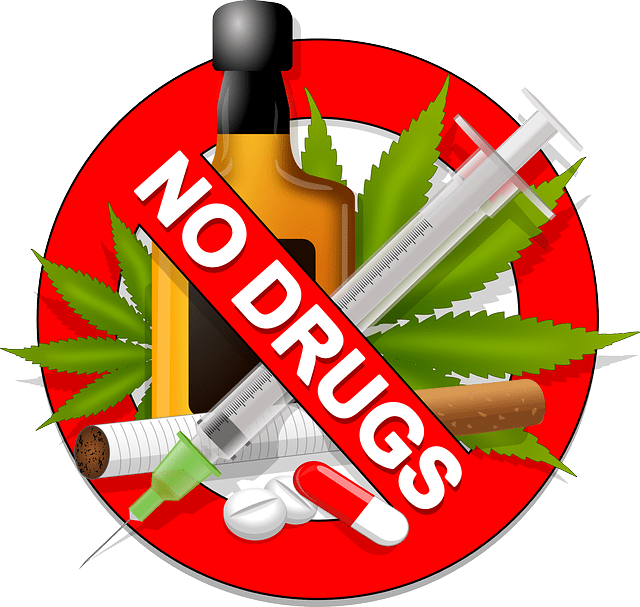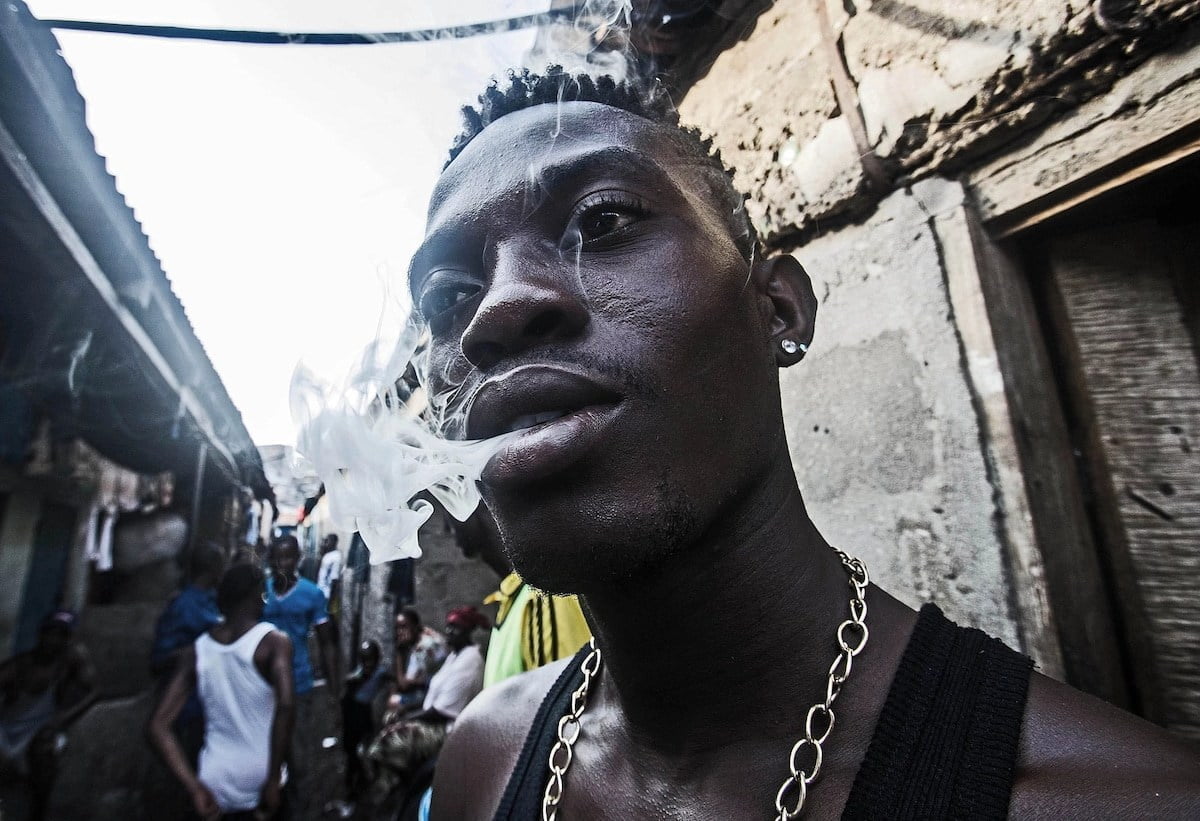Dangers of Drug Abuse Every Youth and Student Must Know

Have you ever thought for a second about the many lives that wasted, truncated, and destroyed because of ignorance of the dangers of drug abuse?
Increases in the global production of heroin and cocaine suggest that the challenges posed by increasing consumption of illicit drugs in West Africa will escalate; findings of a NACOB 2017 survey of about 100 users in treatment in greater Accra found that over 80% of interviewees had completed at least secondary education, a good signifier of a higher income demographic. (Domestic Drug Consumption in Ghana report, 2019)
The temptation to drink is strong because students or youths overwhelmingly find that alcohol makes socializing easier.
Not all students or youths immediately start drinking and doing drugs, but over time, drinking to have more fun leads many students or youths towards addiction.
Drug abuse can be defined as the use of a drug to the point where the users’ health is affected, or where it becomes difficult for the user to live a responsible life.
It is now recognized that drug abuse among young people is a social problem in Africa and the world at large.
The high rates of drug abuse among students or youths can be attributed to a number of factors.
As students or youths are facing the high demands of coursework, part-time jobs, internships, social obligations, and more, many turn to drugs as a way to cope diametrically.
More students or youths than ever are taking stimulants, to help them stay awake long enough to study or complete assignments by their due dates.
All too often, prescription drugs are obtained without a legitimate prescription. Students or youths who are surrounded by other people experimenting with recreational and performance-enhancing, drugs are more likely to try these substances for themselves.
Dangers of Drug Abuse

Drug abuse affects both the direct drug users and their families. For the users, there is the risk of permanent addiction; their bodies may become completely unable to function without drugs. This lays them open to diseases and can in the end cause their death. Trends change over time and no drug is immune to school experimentation.
However, there are a few substances that are consistently abused among students or youths. They include; Alcohol, Marijuana, and many more.
Even a so-called soft drug like marijuana which does not lead to physical addiction gives rise to frightening emotions and negative attitudes, like a loss of drive or ambition.
One of the bad effects of addiction on the users’ family is the loss of income when the user becomes unable to work. Another effect is that relationships in the family begin to get worse as the other members of the family lose sympathy for the user. Drug abuse can also risk the health of the families. If the users inject themselves and share needles with other drug users, they could infect themselves with hepatitis or aids. Thus, these diseases have sometimes been passed on to the wives, husbands, and even the children of drug users.
When students or youths turn to drugs, local communities are affected too. Drug abuse leads to people acting in an anti-social way. They become abusive and violent in their behavior. As their addiction increases, they start to steal in order to get money to buy the drugs they cannot do without. As well as this, the user begins to make heavier demands on the medical services, which then have less time to give to others in the community. At the end of the time, there is the danger that a user will become a pusher and thus help to spread the abuse of drugs to other people.
Various suggestions have been made about how the problem of drug abuse might be combated. For example, experts in the field feel that families need to look at the way they bring up children. They advise parents not to allow their children to do whatever they like, but at the same time, to spend time with their children and be good models for them to copy.
All adults who are in contact with young people should think about how they can prevent young people from starting on drugs. Teachers in schools should counsel students and help them to look ahead to their adult lives and to make prudent decisions. In local communities, more recreational facilities should be available for teenagers. Adults should help young people to organize youth’s groups which run lively and challenging activities. In parallel with these positive efforts, the law should be used against those who supply drugs. There should be frequent raids on medicine stores and chemists who illegally sell drugs with severe punishments for those who break the law.
It is a sad fact that many youths today feel cut off from those in the older generation who might help them. Just when children and youths require more understanding and guidance, some find it lacking.
Thus, these young people become alienated from the older generation and turn to their peers for support. Sometimes this is what leads to drug-taking and the dangers of drug abuse are very visible in our society today.
Let us fight it through education and awareness creation.
Source Ghanaeducation.org


 Civil Service Announces 2024 Online Examination Details for Graduate Applicants
Civil Service Announces 2024 Online Examination Details for Graduate Applicants  BREAKING: President Biden Announces Decision Not to Seek Reelection
BREAKING: President Biden Announces Decision Not to Seek Reelection  Real Reason Behind the Appointment of Yohunu as Deputy IGP
Real Reason Behind the Appointment of Yohunu as Deputy IGP  GES 2024-2025 Academic Calendar for Public Schools
GES 2024-2025 Academic Calendar for Public Schools  GES to recruit university graduates and diploma holders-GES Director General
GES to recruit university graduates and diploma holders-GES Director General  Dr. Bawumia’s Smart Phone Credit Will Take 125 Years To Repay: A Misleading Promise
Dr. Bawumia’s Smart Phone Credit Will Take 125 Years To Repay: A Misleading Promise  GES is expected to announce reopening dates for public schools today
GES is expected to announce reopening dates for public schools today